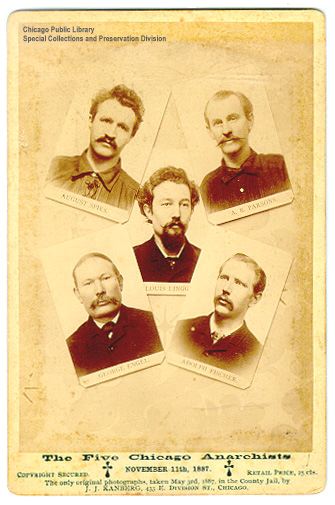If you’re of a certain persuasion, the first three days of July mean Gettysburg. And by “certain persuasion,” I don’t mean a Civil War “buff,” whatever that is, or a re-enactor type. At least not necessarily. I mean someone who might be struck sometime at this time of year by the events of those three days and what they mean still, and the fresh meaning the history has in light of what we’re going through today.
There’s a good piece at Salon.com — which you can’t read in full unless you pay for it — a Q and A with Mario Cuomo about his book on Lincoln and Lincoln’s relevance in our war-on-terrorism world. An excerpt:
Would Lincoln have had anything to say about President Bush’s doctrine of preemptive war?
Yes. He specifically condemned preventive war on the grounds it would allow a leader to start a war cynically or unwisely. He thought it better to allow constitutional devices to work, which means going to Congress and obtaining a declaration of war. Lincoln also made it clear that you should avoid at all costs doing two wars at once. During the course of the Civil War, he was tempted by everyone around him to intervene with the British on the Trent affair [sparked by the Union’s capture of two Confederate diplomats aboard a British mail steamer] and with the Mexicans [who were fending off a French attack aimed at installing a puppet government]. But he avoided it, saying we needed to concentrate our effort, which is precisely the critique that [Florida Sen.] Bob Graham was making of Bush during the Democratic primary elections.

